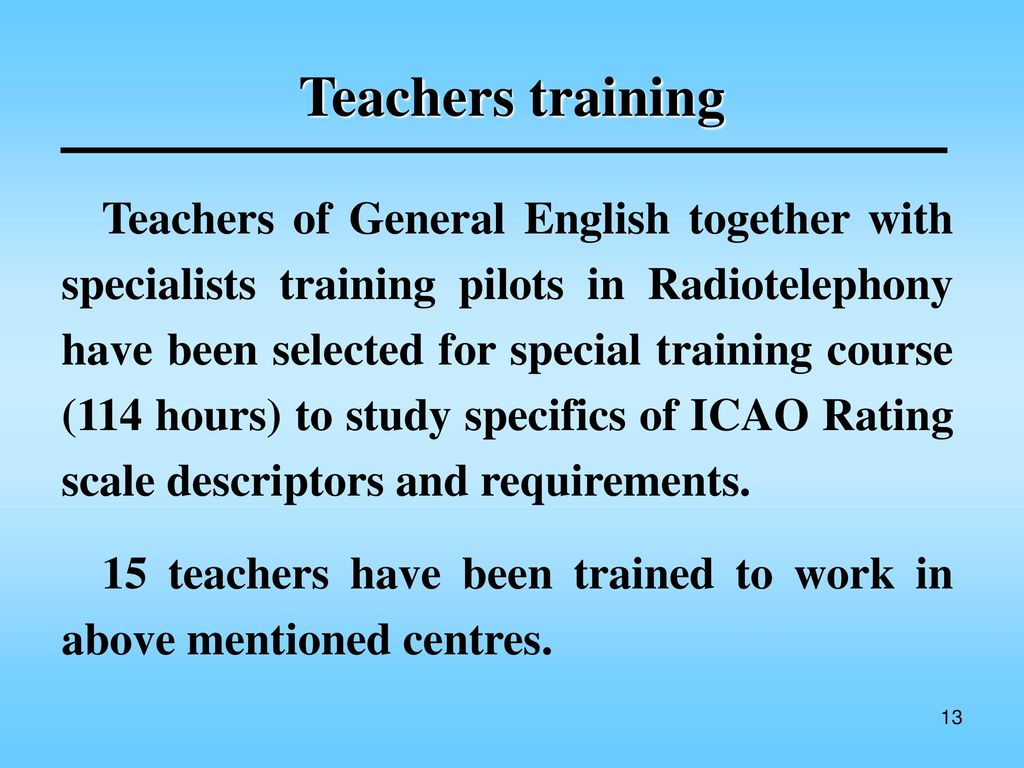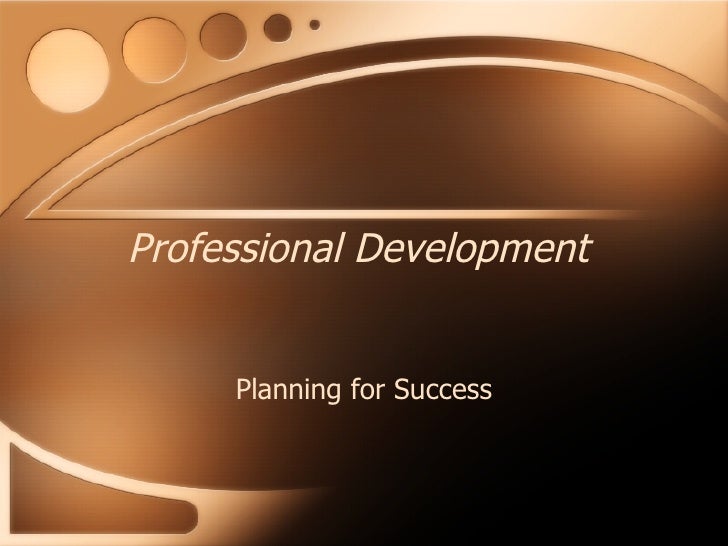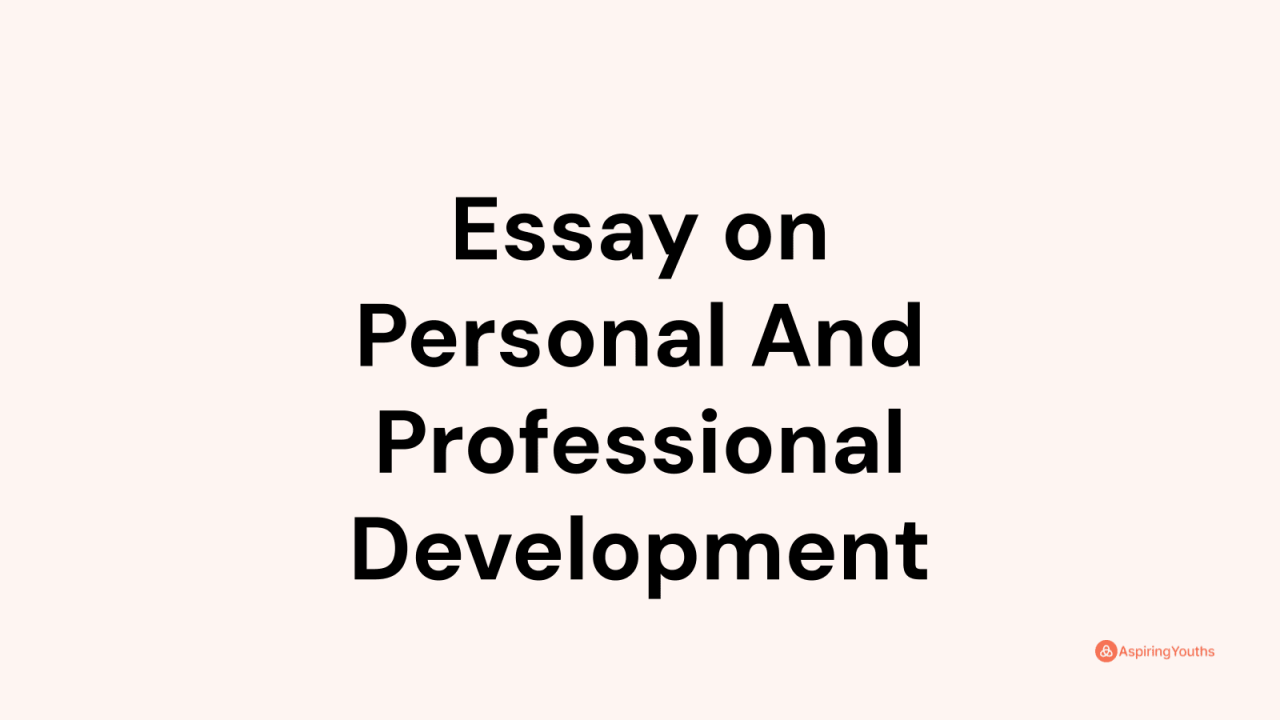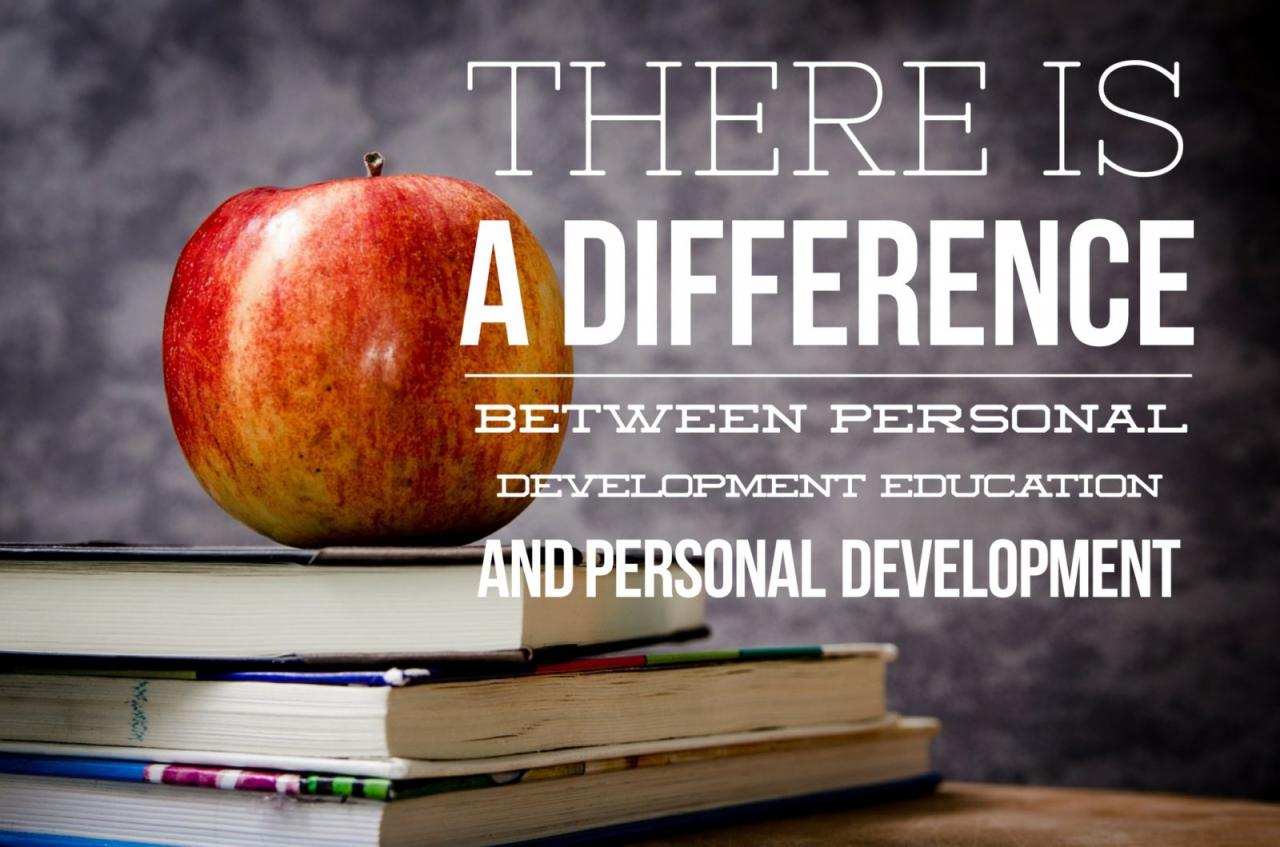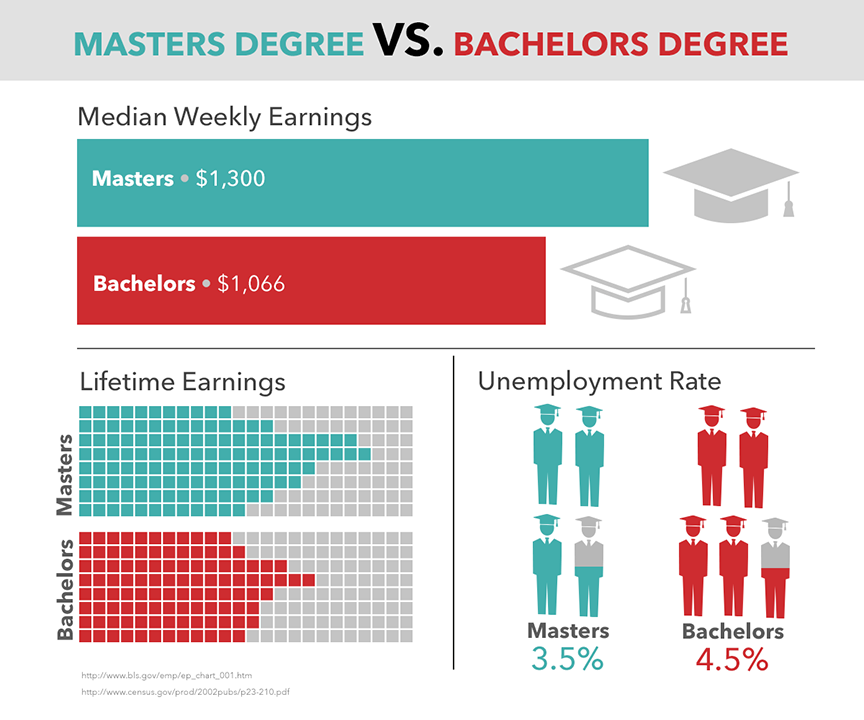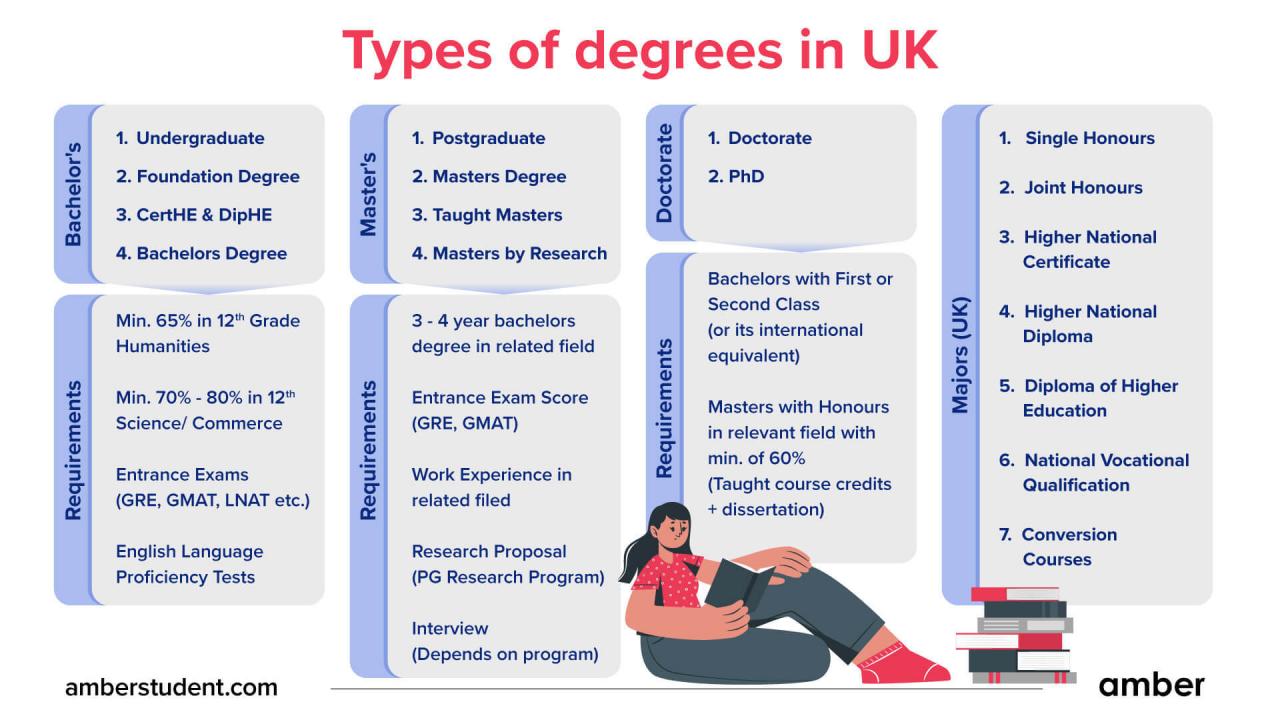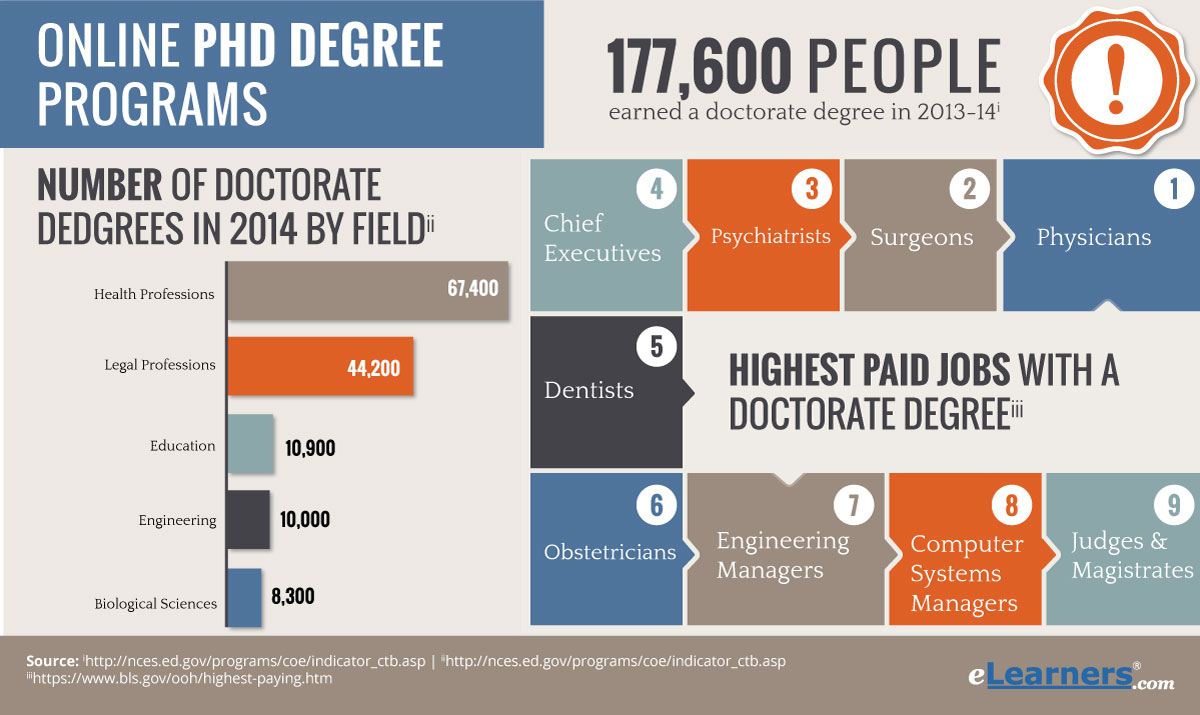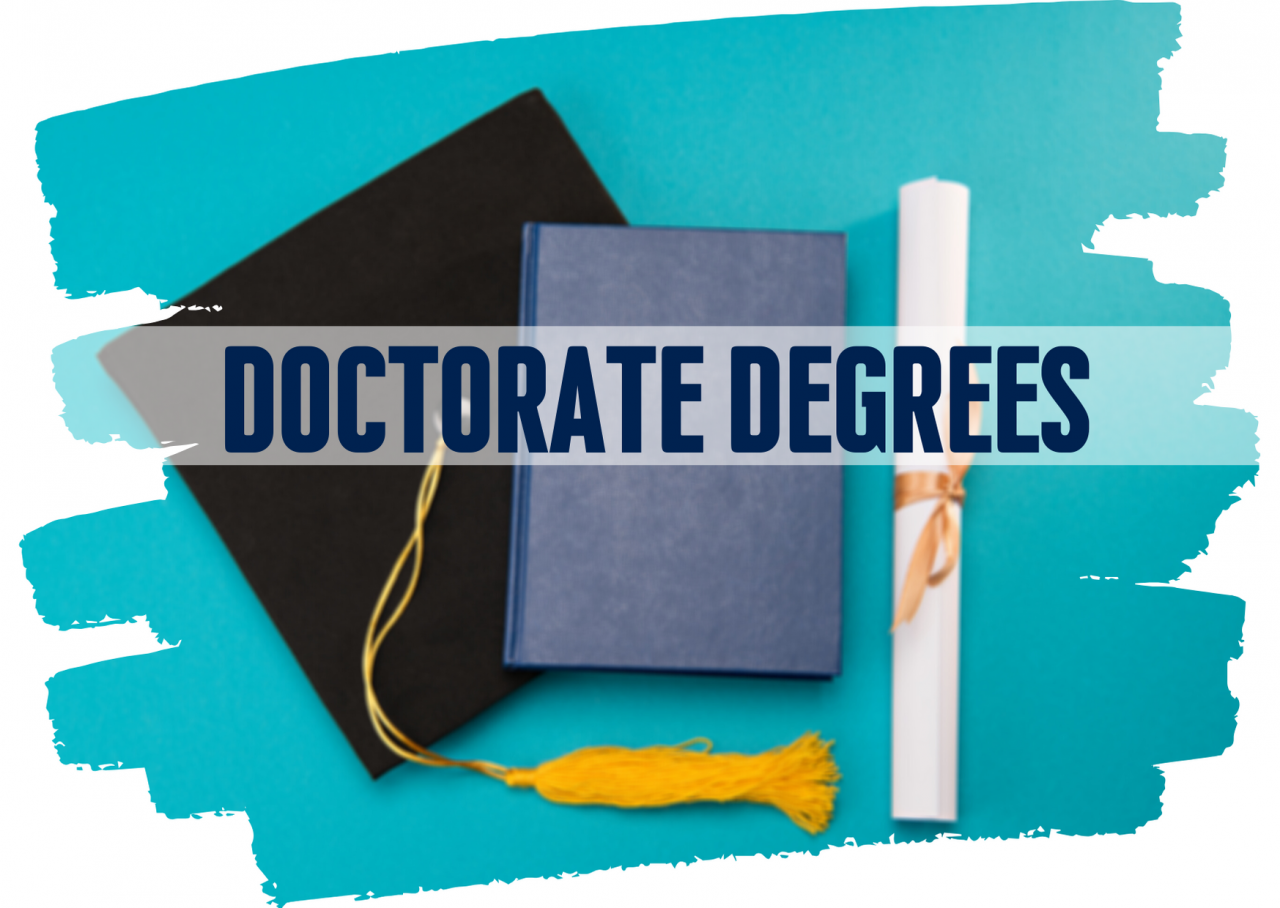What are the best universities for education degrees worldwide? This question fuels the dreams of aspiring educators globally, prompting a deep dive into rankings, specializations, faculty expertise, and career prospects. From early childhood education to higher education, the path to becoming a teacher is paved with diverse options, each demanding careful consideration. This exploration unveils the top institutions shaping the future of education, offering insights into curriculum, research opportunities, and the overall learning experience.
We’ll examine globally recognized ranking systems, delve into specialized programs, and explore the unique contributions of leading universities. We’ll also consider crucial aspects like faculty expertise, research opportunities, student support, and career outcomes, helping you navigate the complexities of choosing the perfect program for your educational aspirations.
Global Rankings and Reputation
Choosing the best university for an education degree involves considering global rankings and reputation. These rankings, while not perfect, offer a valuable snapshot of a university’s academic strength, research output, and overall influence in the field of education. Understanding the methodologies behind these rankings is crucial to interpreting their results effectively.Global university rankings often incorporate various factors to assess the quality of education programs.
These factors can include research output, faculty expertise, student-to-faculty ratio, graduate employability, and the overall reputation of the institution. However, it’s important to remember that these rankings are just one piece of the puzzle and should be considered alongside other factors such as program-specific strengths, teaching philosophy, and personal fit.
University Ranking Systems and Methodologies
Several globally recognized ranking systems assess education programs. Three prominent examples are QS World University Rankings, Times Higher Education (THE) World University Rankings, and ARWU (Academic Ranking of World Universities, also known as the Shanghai Ranking). Each employs a unique methodology with its own strengths and weaknesses.QS World University Rankings heavily weighs academic reputation, employer reputation, and faculty-student ratio.
A strength is its broad reach and consideration of employer perspectives, giving insights into graduate employability. However, a weakness is the potential for bias due to reliance on surveys, which can be susceptible to response bias and may not accurately reflect the quality of programs across diverse institutions.Times Higher Education (THE) World University Rankings uses a broader range of indicators, including teaching, research, citations, industry income, and international outlook.
A strength lies in its multifaceted approach, providing a more holistic view of university performance. A weakness could be the weighting given to certain indicators, which may not equally reflect the priorities of all education programs. For example, a heavy emphasis on research might disadvantage universities focusing primarily on teaching excellence.ARWU (Shanghai Ranking) emphasizes research performance, focusing on metrics like the number of Nobel laureates and Fields Medalists among alumni and faculty, and highly cited researchers.
Its strength is its focus on research excellence, making it valuable for prospective students interested in research-intensive education programs. However, a weakness is its relative neglect of teaching quality and student experience, potentially overlooking universities strong in pedagogical approaches.
Choosing from the world’s best universities for education degrees—like Harvard, Oxford, or Stanford—is a thrilling yet daunting prospect. The key is finding the right fit, academically and financially. Luckily, there are ways to navigate the costs; check out this guide on How to finance an education degree without taking on excessive debt? to make your dream education more attainable.
Ultimately, securing your future in education involves smart planning, and the right university choice can set you on the path to success.
Top 10 Universities for Education Degrees: A Comparative Ranking
The following table compares the top 10 universities for education degrees based on QS and THE rankings (note: exact rankings fluctuate yearly, this is a representative sample). Program strengths are generalized and may vary across specific degree offerings within each university.
| Rank (QS/THE) | University | Location | Program Strengths |
|---|---|---|---|
| 1/1 | University of Oxford | United Kingdom | Research-led education, diverse specializations, strong global reputation |
| 2/2 | University of Cambridge | United Kingdom | Rigorous academic standards, emphasis on research, strong alumni network |
| 3/3 | Stanford University | United States | Innovation in education, strong technology integration, entrepreneurial focus |
| 4/4 | Harvard University | United States | Extensive resources, prestigious faculty, wide range of programs |
| 5/5 | University of California, Berkeley | United States | Emphasis on social justice, progressive pedagogy, strong research output |
| 6/6 | University of California, Los Angeles | United States | Comprehensive programs, diverse student body, strong research opportunities |
| 7/7 | Columbia University | United States | Strong urban setting, diverse perspectives, interdisciplinary collaborations |
| 8/8 | University of Michigan | United States | Research-focused, strong teacher education programs, diverse specializations |
| 9/9 | University of Toronto | Canada | Multicultural environment, strong research infrastructure, excellent faculty |
| 10/10 | University of Melbourne | Australia | Innovative teaching methods, strong research partnerships, global perspective |
Program Specialization and Focus
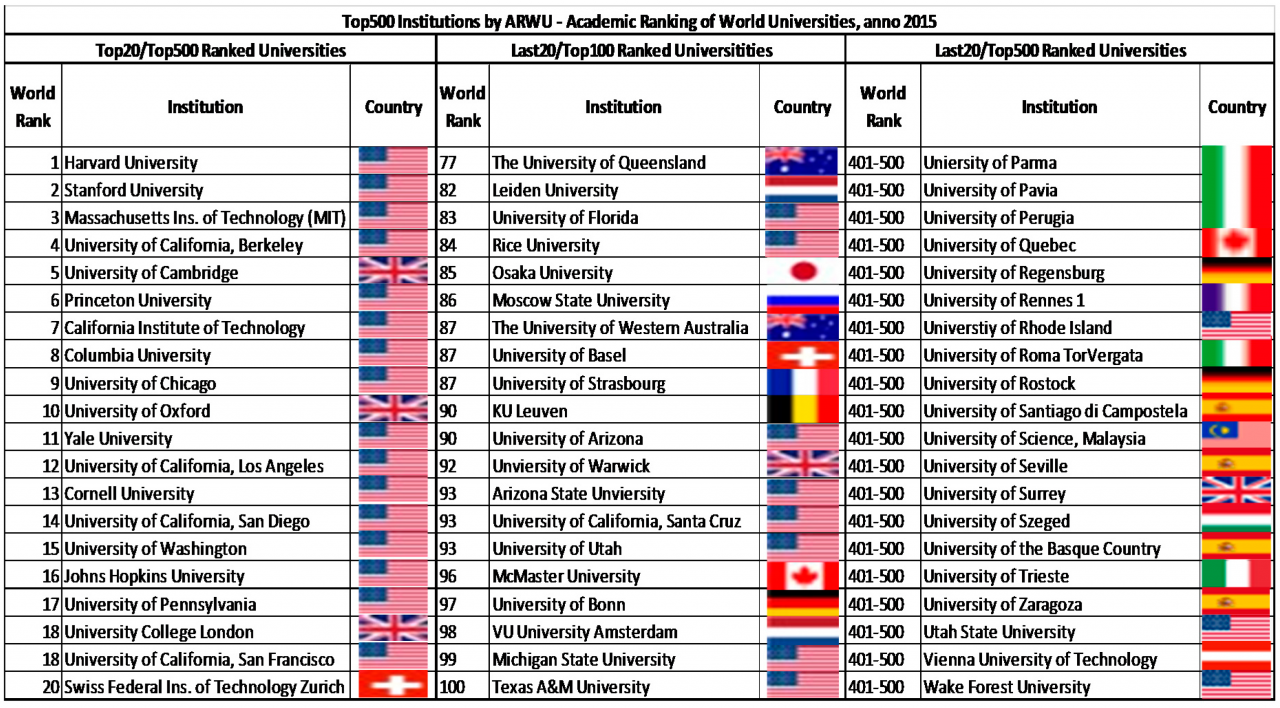
Choosing the right education degree specialization is crucial for a fulfilling and impactful career. The field of education offers a diverse range of specializations, each catering to unique interests and career aspirations. Let’s explore five key areas and the exciting opportunities they unlock.
Early Childhood Education
Early childhood education focuses on the holistic development of young children (typically from birth to age eight). Graduates work in preschools, kindergartens, daycare centers, and early intervention programs. They create stimulating learning environments, implement age-appropriate curricula, and foster social-emotional growth. The demand for qualified early childhood educators is consistently high, driven by growing awareness of the importance of early learning experiences.
Key skills and knowledge gained in this specialization include:
- Child development theories and principles
- Curriculum planning and implementation for young children
- Classroom management techniques for young learners
- Assessment and evaluation of young children’s learning
- Understanding of diverse learning styles and needs
Special Education
Special education professionals work with students who have diverse learning needs, including intellectual disabilities, learning disabilities, emotional disturbances, and physical impairments. They develop and implement individualized education programs (IEPs), collaborate with parents and other professionals, and advocate for their students’ rights. This field requires strong interpersonal skills, patience, and a deep understanding of different learning styles and challenges.
Key skills and knowledge gained in this specialization include:
- Understanding of various disabilities and their impact on learning
- Development and implementation of IEPs
- Assistive technology and adaptive teaching strategies
- Collaboration with parents, therapists, and other professionals
- Advocacy for students with disabilities
Secondary Education
Secondary education focuses on teaching students in grades 7-12. Graduates typically specialize in a particular subject area, such as mathematics, science, English, history, or social studies. They design engaging lessons, assess student learning, and create a positive classroom environment. The career paths within secondary education can be diverse, with opportunities for teaching in public and private schools, as well as potentially moving into administrative roles.
Key skills and knowledge gained in this specialization include:
- Deep subject matter expertise in a chosen field
- Curriculum development and lesson planning for adolescents
- Classroom management strategies for older students
- Assessment and evaluation of student learning
- Understanding adolescent development and learning styles
Higher Education
Higher education professionals work in colleges and universities, teaching undergraduate and graduate students, conducting research, and contributing to the academic community. This specialization often requires a master’s or doctoral degree and involves specialized knowledge in a specific academic discipline. Career paths can include teaching, research, administration, and curriculum development.
Choosing the right university for an education degree is a big decision! Factors like location and research opportunities are key, but equally important is deciding what to specialize in. Before you apply to top schools like Harvard or Oxford, consider reading this helpful guide on How to choose the right specialization for an education degree? to ensure your chosen university aligns with your future career goals.
Ultimately, the best university for you will depend on your specific area of interest within education.
Key skills and knowledge gained in this specialization include:
- Advanced knowledge and expertise in a specific academic field
- Research methodology and scholarly writing
- Teaching and mentoring skills for college-level students
- Curriculum development and assessment at the higher education level
- Understanding of higher education policies and administration
Curriculum and Instruction
Curriculum and instruction specialists focus on designing, developing, and implementing effective learning experiences. They work at all levels of education, collaborating with teachers to improve teaching practices and student outcomes. This specialization often involves research, curriculum design, teacher training, and educational assessment. Career paths include curriculum development roles in school districts, educational publishing companies, and teacher training institutions.
Key skills and knowledge gained in this specialization include:
- Curriculum design and development principles
- Instructional design models and strategies
- Assessment and evaluation of teaching and learning
- Educational research and data analysis
- Teacher training and professional development
Faculty Expertise and Research Opportunities
Choosing a university for an education degree often hinges on the caliber of its faculty and the research opportunities available. A strong faculty translates to enriching learning experiences, access to cutting-edge research, and enhanced career prospects. The research environment, in turn, fosters innovation and prepares students for leadership roles in the field.
This section compares the faculty profiles and research opportunities at three globally renowned universities known for their exceptional education programs: Harvard University, Stanford University, and the University of Oxford. We’ll examine their faculty accolades, research interests, and funding sources to provide a clearer picture of the learning and research environments they offer.
Faculty Profiles and Research Areas
The faculty at these universities are comprised of leading experts in various education-related fields, boasting impressive publication records and significant contributions to the field. Their research interests span a wide spectrum, including educational technology, curriculum development, educational policy, and teacher training. Access to such expertise directly benefits students through mentorship, collaborative research projects, and exposure to groundbreaking research findings.
| University | Faculty Accolades | Research Areas | Funding Sources |
|---|---|---|---|
| Harvard University | Numerous professors hold prestigious awards like the National Academy of Education membership, Guggenheim Fellowships, and Fulbright Scholarships. Many have published widely in top-tier education journals. | Educational policy, learning sciences, teacher education, assessment and evaluation, comparative education, and educational technology. | National Science Foundation (NSF), Institute of Education Sciences (IES), private foundations (e.g., Bill & Melinda Gates Foundation), university internal grants. |
| Stanford University | Faculty members often hold memberships in the American Educational Research Association (AERA) and other leading professional organizations. Many are fellows of the American Academy of Arts and Sciences. Significant publication records in high-impact journals are common. | Learning design and technology, educational psychology, social justice in education, human development, and educational leadership. | NSF, IES, Spencer Foundation, William T. Grant Foundation, university internal grants, and industry partnerships. |
| University of Oxford | Oxford’s education faculty includes fellows of the British Academy and recipients of numerous prestigious awards within the UK and internationally. Publications in leading education journals and books are extensive. | Curriculum studies, educational leadership, sociology of education, comparative education, and history of education. A strong focus on international education is notable. | UK Research and Innovation (UKRI), Economic and Social Research Council (ESRC), Leverhulme Trust, university internal grants, and international collaborations. |
Research Opportunities for Students, What are the best universities for education degrees worldwide?
Each university offers a variety of research opportunities tailored to students’ interests and academic levels. These opportunities provide invaluable experience, contributing significantly to students’ professional development. They range from assisting professors on ongoing projects to conducting independent research for theses and dissertations.
Harvard, Stanford, and Oxford all have well-established research centers and institutes dedicated to education research, providing a vibrant and collaborative environment for students. Funding for student research is often available through grants, fellowships, and assistantships. Furthermore, these universities frequently host conferences and workshops, allowing students to network with leading researchers and present their work.
Program Structure and Curriculum
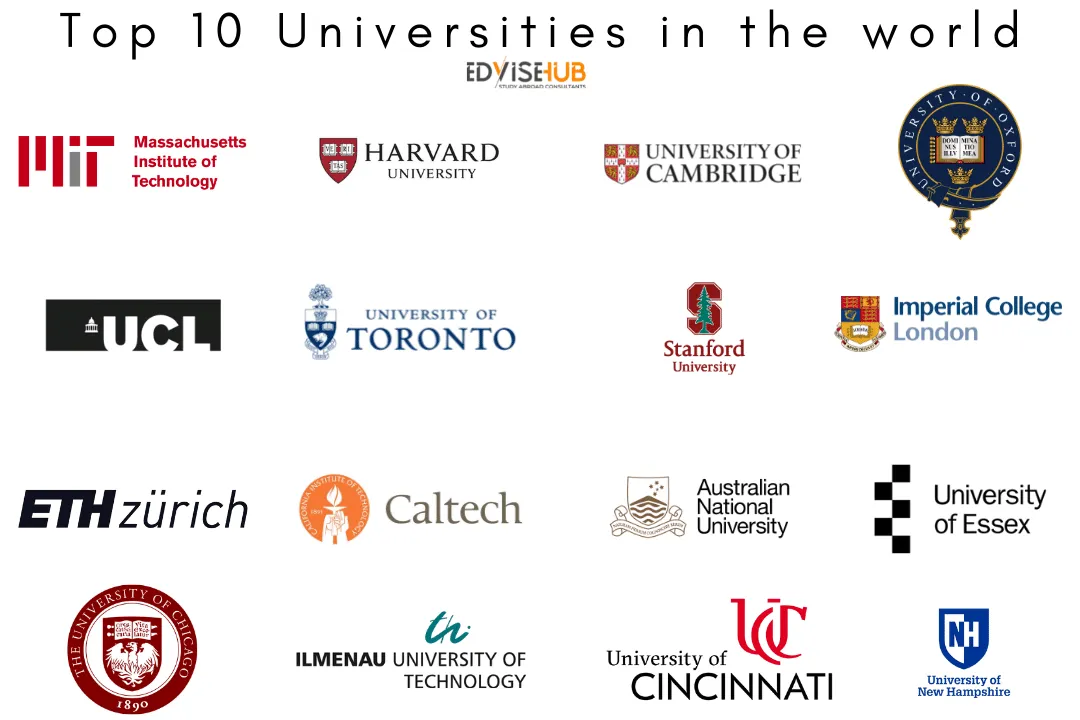
Choosing the right education program involves careful consideration of its structure and curriculum. A strong program will not only equip students with theoretical knowledge but also provide ample opportunities for practical application and engagement with current educational trends. Comparing the approaches of leading universities reveals key differences in pedagogical emphasis and practical experiences.
To illustrate, let’s examine the curriculum structures of two globally recognized universities: Harvard University’s Graduate School of Education (HGSE) and the University of Oxford’s Department of Education. While both institutions offer rigorous and comprehensive programs, their approaches to pedagogy and practical training exhibit distinct characteristics. Harvard emphasizes a more research-oriented approach, integrating cutting-edge research findings into its curriculum, while Oxford maintains a strong focus on theoretical foundations and critical analysis of educational philosophies.
Curriculum Comparison: Harvard HGSE and Oxford Department of Education
Harvard’s Master of Education (EdM) programs often incorporate a modular structure, allowing students to tailor their studies to specific interests. Courses emphasize quantitative and qualitative research methods, alongside practical applications in diverse educational settings. Oxford’s postgraduate programs, on the other hand, frequently adopt a more traditional lecture-seminar format, emphasizing in-depth engagement with seminal texts and critical discussions of educational theory.
While both institutions cover core areas like educational psychology, curriculum design, and assessment, the pedagogical emphasis differs significantly. Harvard leans towards applied research and data-driven decision-making, while Oxford prioritizes critical analysis and philosophical underpinnings of education.
Fieldwork, Internships, and Student Teaching Experiences
Practical experience is a crucial component of both Harvard and Oxford’s education programs. Harvard offers a wide range of fieldwork opportunities, often involving partnerships with local schools and community organizations. Students might conduct research projects in real-world settings, contributing to ongoing initiatives and gaining valuable hands-on experience. Internships are also common, allowing students to work alongside experienced educators in various contexts, such as school administration, curriculum development, or educational technology.
Student teaching experiences are typically integrated into specific programs, providing opportunities to apply theoretical knowledge in a classroom setting under the guidance of experienced mentors.
Oxford’s approach to practical experience often involves a different structure. While fieldwork opportunities exist, they may be more focused on specific research projects or policy analysis. Internships might be less common than at Harvard, but students frequently engage in independent research projects, often involving fieldwork or collaborations with educational institutions. Student teaching placements are less prevalent than at Harvard, with a greater emphasis on research and theoretical understanding as preparation for future roles in education.
Curriculum Alignment with Current Trends and Challenges
Both Harvard and Oxford actively adapt their curricula to reflect current trends and challenges in education. For example, both institutions incorporate discussions of issues related to equity and social justice in education, addressing systemic inequalities and promoting inclusive practices. Furthermore, both universities acknowledge the increasing importance of technology in education, integrating courses on educational technology and digital learning.
Harvard’s focus on research and data analysis allows for rapid integration of new findings in areas such as personalized learning and the use of learning analytics. Oxford’s emphasis on theoretical frameworks allows for a more critical and nuanced examination of the ethical and societal implications of emerging educational technologies.
Student Support and Resources
Choosing the right university for an education degree isn’t just about rankings and curriculum; it’s also about the support system in place to help you thrive. Top universities understand that academic success is intertwined with well-being and access to resources. A robust support network can significantly impact a student’s journey, leading to greater confidence and ultimately, a successful career in education.Student support services at leading education programs are comprehensive and varied, extending far beyond simple administrative assistance.
These services aim to foster a holistic learning experience, acknowledging the diverse needs of students. A supportive environment contributes to improved academic performance, enhanced personal growth, and a smoother transition into the professional world.
Examples of Student Support Services
Many top universities offer a wide range of support services tailored to the needs of education students. These often include comprehensive academic advising, connecting students with mentors who are experienced educators, and providing tutoring assistance in challenging subject areas like educational psychology or curriculum design. Career services are also crucial, providing guidance on resume building, interview skills, and networking opportunities within the education sector.
Some institutions even offer specialized workshops on classroom management techniques or integrating technology into teaching practices. For example, the University of Oxford’s Department of Education provides extensive personalized mentoring from leading academics, while Stanford University’s Graduate School of Education offers robust career counseling with a focus on placement in diverse educational settings.
Campus Culture and Learning Environment at Select Universities
The learning environment and campus culture play a significant role in a student’s overall experience. Let’s consider three universities renowned for their education programs: Harvard University, University of Cambridge, and the University of Melbourne.Harvard University’s Graduate School of Education boasts a highly collaborative and intellectually stimulating environment. Students engage in rigorous coursework, participate in cutting-edge research projects, and benefit from interactions with world-renowned faculty.
The campus culture is characterized by a high level of academic rigor and a strong sense of community among students.The University of Cambridge’s Faculty of Education fosters a close-knit community where students are encouraged to engage in critical discussions and collaborate on research projects. The focus is on fostering a deep understanding of educational theory and practice within a supportive and intellectually challenging environment.
The historical context of Cambridge contributes to a unique and inspiring learning atmosphere.The University of Melbourne’s Graduate School of Education offers a diverse and inclusive learning environment. Students from various backgrounds and with diverse experiences enrich the learning community. The university emphasizes practical experience and real-world application of educational theories, often through partnerships with local schools and organizations.
This focus on practical application fosters a vibrant and dynamic learning atmosphere.
Comparison of Student Resources
| University | Library Facilities | Technology Access | Student Organizations |
|---|---|---|---|
| Harvard University | Extensive collection of educational resources, dedicated research spaces, and advanced digital archives. | State-of-the-art computing labs, access to specialized software, and robust IT support. | Numerous student-led organizations focused on education research, teaching methodologies, and community outreach. |
| University of Cambridge | Access to the University Library system, including specialized education libraries with extensive collections. | Access to university-wide IT infrastructure, including high-speed internet and specialized software for research. | Active student societies focused on education policy, research, and professional development. |
| University of Melbourne | Well-equipped library with comprehensive resources in education, including digital databases and online journals. | Access to university-wide technology resources, including computer labs, online learning platforms, and technical support. | Various student groups focused on different aspects of education, providing networking and collaborative opportunities. |
Global Perspective and International Collaboration
A truly exceptional education degree program doesn’t just focus on the local context; it embraces a global perspective, recognizing the interconnectedness of educational systems and the diverse needs of learners worldwide. Universities offering leading education degrees understand this and actively foster international collaboration, creating enriching learning experiences for their students. This global engagement equips future educators with the skills and understanding necessary to navigate an increasingly internationalized world.Many top universities incorporate global perspectives into their curricula through various partnerships and initiatives.
This internationalization goes beyond simple exchange programs; it involves a fundamental shift in teaching methodologies and content, reflecting the realities of a globally interconnected world. The benefits of this approach are multifaceted, offering students a broader understanding of educational philosophies and practices, and preparing them for careers in diverse and dynamic environments.
International Collaboration and Exchange Programs
Several universities consistently stand out for their robust international collaborations. For example, institutions like the University of Oxford and the University of Cambridge (UK) have extensive partnerships with universities across the globe, offering numerous exchange opportunities for their education students. Similarly, institutions in the United States, such as Stanford University and Harvard University, boast extensive networks of international collaborations, allowing their students to study abroad and engage with diverse educational systems.
These collaborations aren’t limited to established Western institutions; universities in countries like Australia, Canada, and Singapore are also actively forging strong international partnerships in the field of education. These programs often involve student exchanges, collaborative research projects, and joint degree programs, providing students with invaluable global exposure.
Benefits of a Diverse and International Learning Environment
Studying education in a diverse international environment offers significant advantages. Exposure to different teaching styles, educational philosophies, and cultural contexts broadens students’ perspectives and enhances their adaptability. Working alongside peers from diverse backgrounds fosters critical thinking, communication skills, and intercultural competence—essential attributes for effective educators in today’s globalized world. Furthermore, the opportunity to study abroad allows students to immerse themselves in different educational systems, gaining firsthand experience of diverse pedagogical approaches and classroom dynamics.
This firsthand experience significantly enhances their understanding of comparative education and allows them to develop a more nuanced and informed approach to teaching and learning.
Incorporating Global Perspectives into Education Curricula
The integration of global perspectives into education curricula varies across universities, but leading programs often include comparative education courses, international case studies, and opportunities for intercultural dialogue. Many programs incorporate modules focusing on global issues such as equity, sustainability, and technology in education. For instance, a curriculum might include a comparative analysis of different national education systems, examining their strengths, weaknesses, and cultural contexts.
This comparative approach helps students understand the complexities of educational systems and develop a critical understanding of best practices in various cultural settings. Additionally, many programs encourage students to engage with global educational challenges through research projects and community-based initiatives, fostering a sense of global citizenship and social responsibility.
Career Outcomes and Alumni Network: What Are The Best Universities For Education Degrees Worldwide?

Choosing the right university for an education degree is a significant decision, impacting not only your academic journey but also your future career prospects. A strong alumni network and high employment rates are crucial indicators of a program’s success. Let’s examine how these factors play out at some top universities.The strength of a university’s alumni network often correlates directly with its graduates’ career success.
A robust network provides access to mentorship, networking opportunities, and potential job leads, giving graduates a significant advantage in the competitive job market. Furthermore, the employment rates of recent graduates offer a concrete measure of a program’s effectiveness in preparing students for professional roles.
University Employment Rates and Career Paths
Data on graduate employment rates and career paths varies depending on the specific program and university, and often relies on self-reported data from alumni surveys. However, we can look at general trends from three leading universities to illustrate the impact of a strong alumni network and successful career outcomes. For example, Harvard Graduate School of Education, University of Oxford Department of Education, and Stanford Graduate School of Education consistently report high employment rates among their graduates.
Many graduates pursue careers in academia, educational leadership, curriculum development, and policy analysis. Their alumni networks are extensive and influential, offering graduates access to a wide range of professional opportunities and support.
Alumni Network Impact and Strength
The alumni networks of these prestigious universities are highly active and influential. Harvard’s network, for instance, boasts a vast global reach, connecting graduates across diverse sectors and geographic locations. This facilitates collaborations, mentorship, and career advancement opportunities. Similarly, Oxford’s alumni network is deeply rooted in tradition and fosters a strong sense of community, while Stanford’s network is known for its dynamism and entrepreneurial spirit, often leading to collaborative ventures and innovation in education.
These networks are not merely social clubs; they actively contribute to the advancement of education globally.
Illustrative Career Paths and Salaries
The following table provides a simplified overview of potential career paths and average starting salaries for graduates from different specializations. Note that these are estimates and actual salaries can vary based on experience, location, and employer.
| University | Specialization | Typical Career Path | Average Starting Salary (USD) |
|---|---|---|---|
| Harvard Graduate School of Education | Educational Leadership | School Principal, Superintendent, Dean | 80,000 – 120,000 |
| University of Oxford Department of Education | Curriculum Development | Curriculum Designer, Educational Consultant, Researcher | 65,000 – 95,000 |
| Stanford Graduate School of Education | Educational Technology | Educational Technologist, Instructional Designer, EdTech Entrepreneur | 75,000 – 110,000 |
| Harvard Graduate School of Education | Special Education | Special Education Teacher, Specialist, Researcher | 60,000 – 90,000 |
